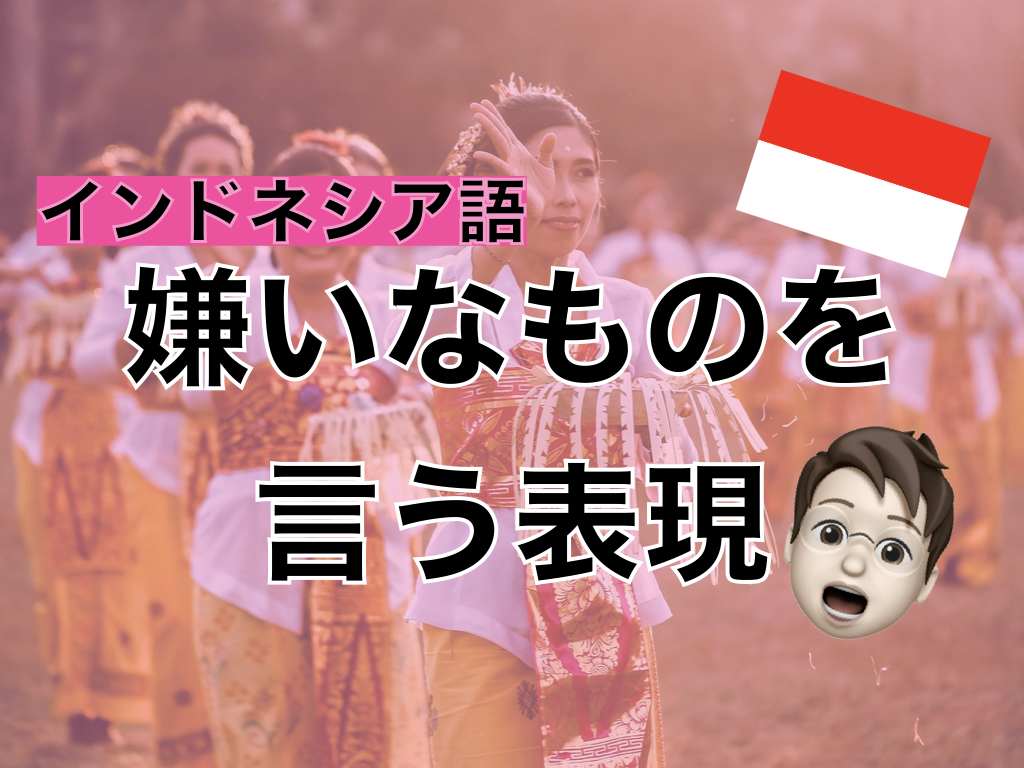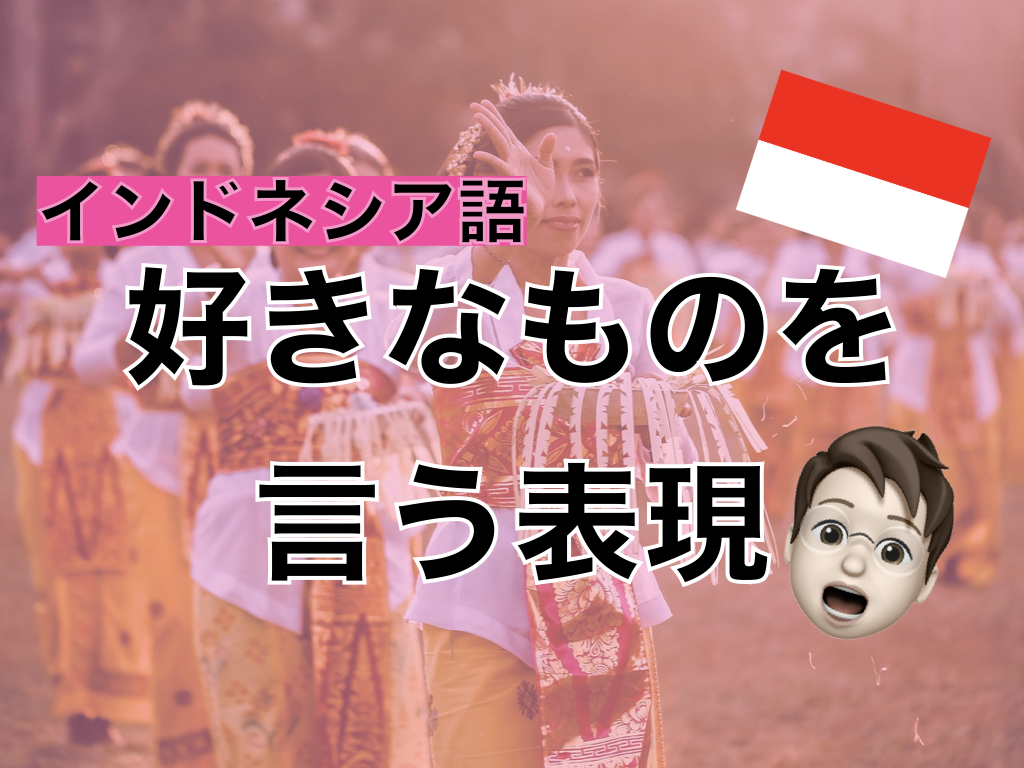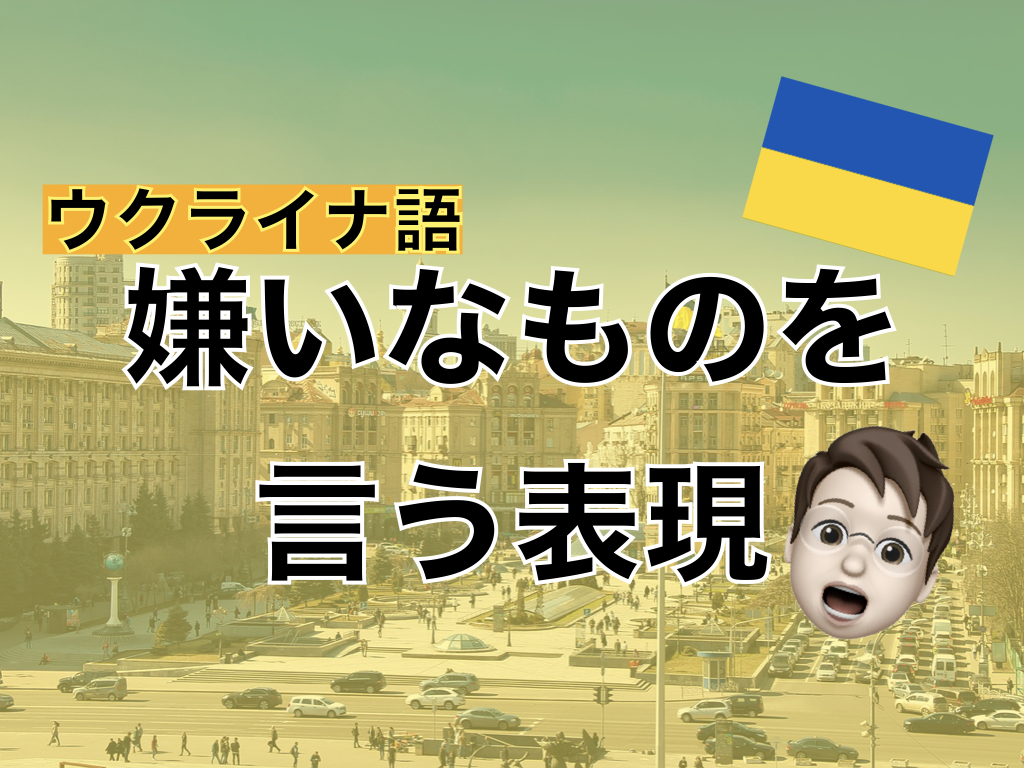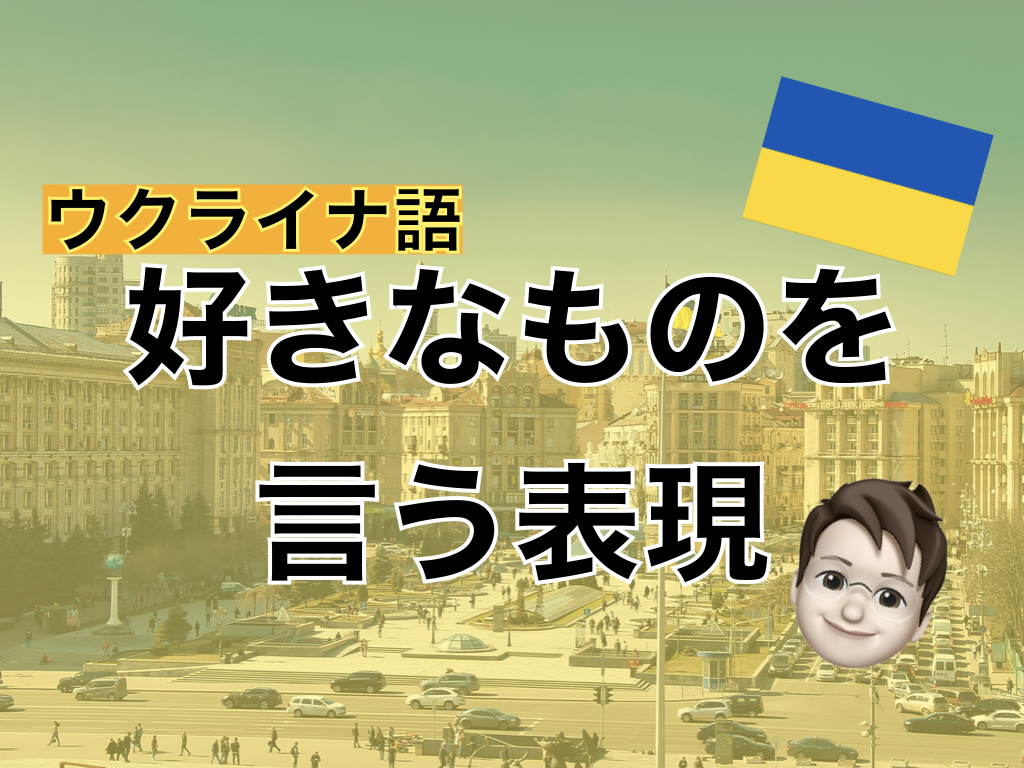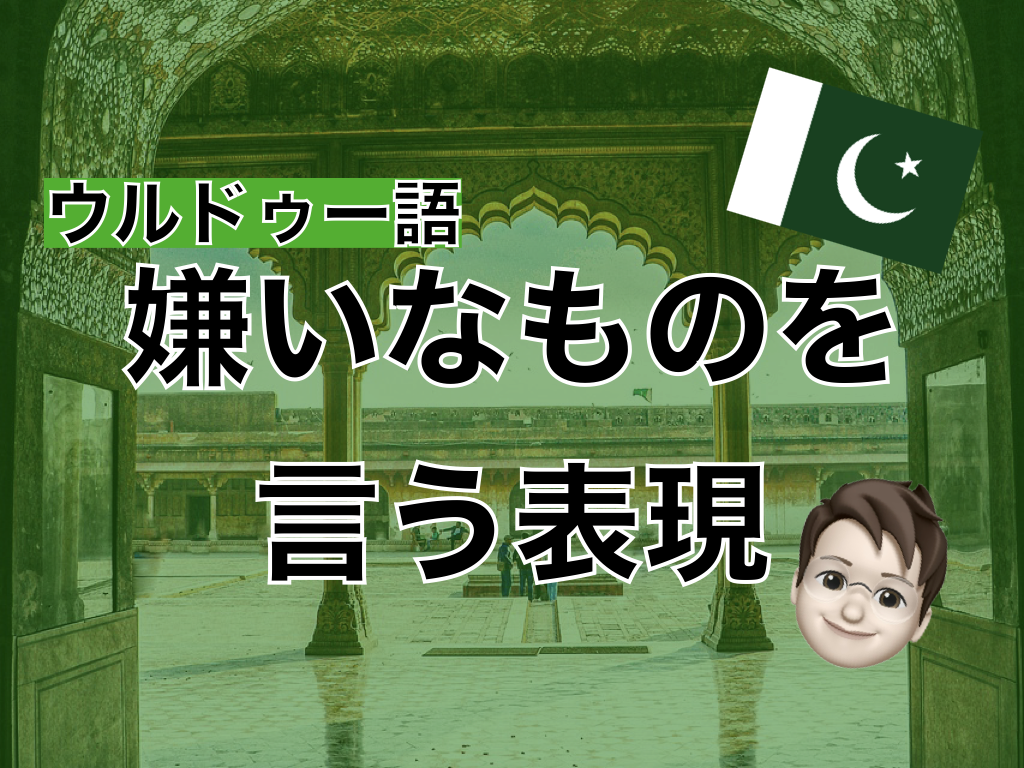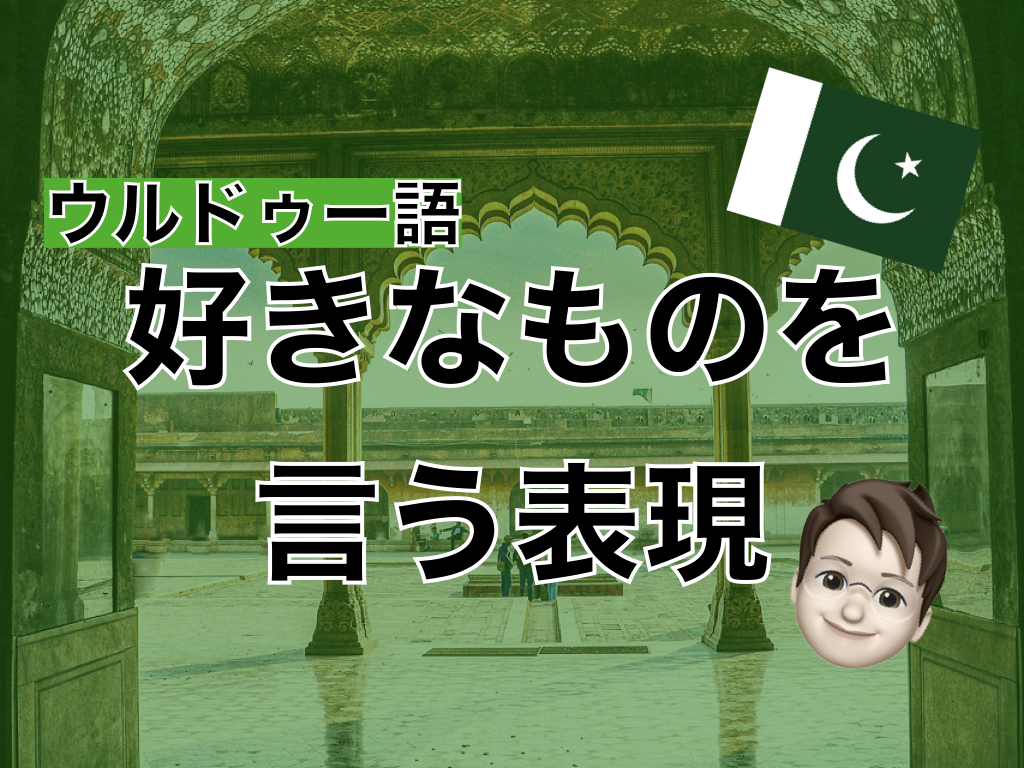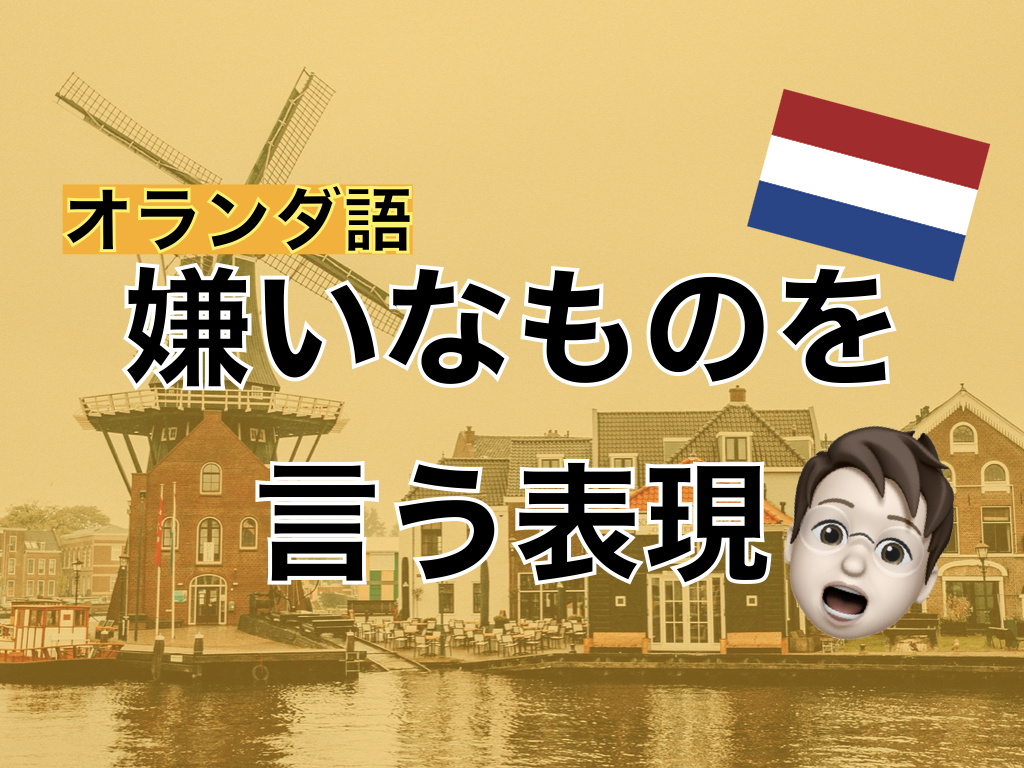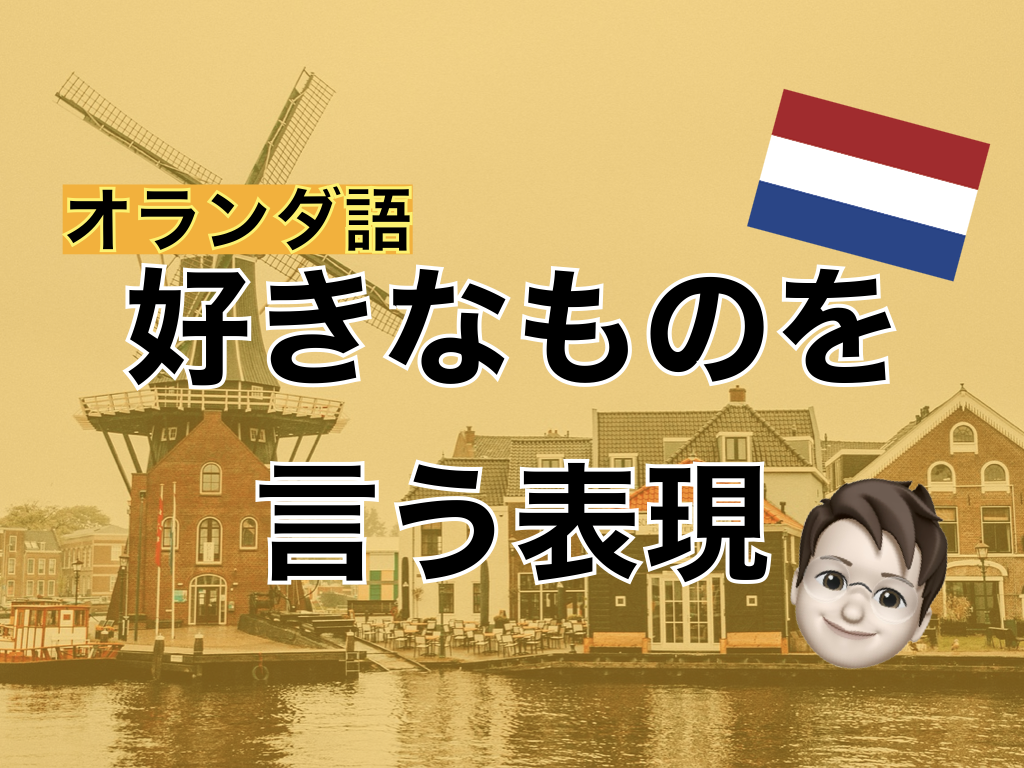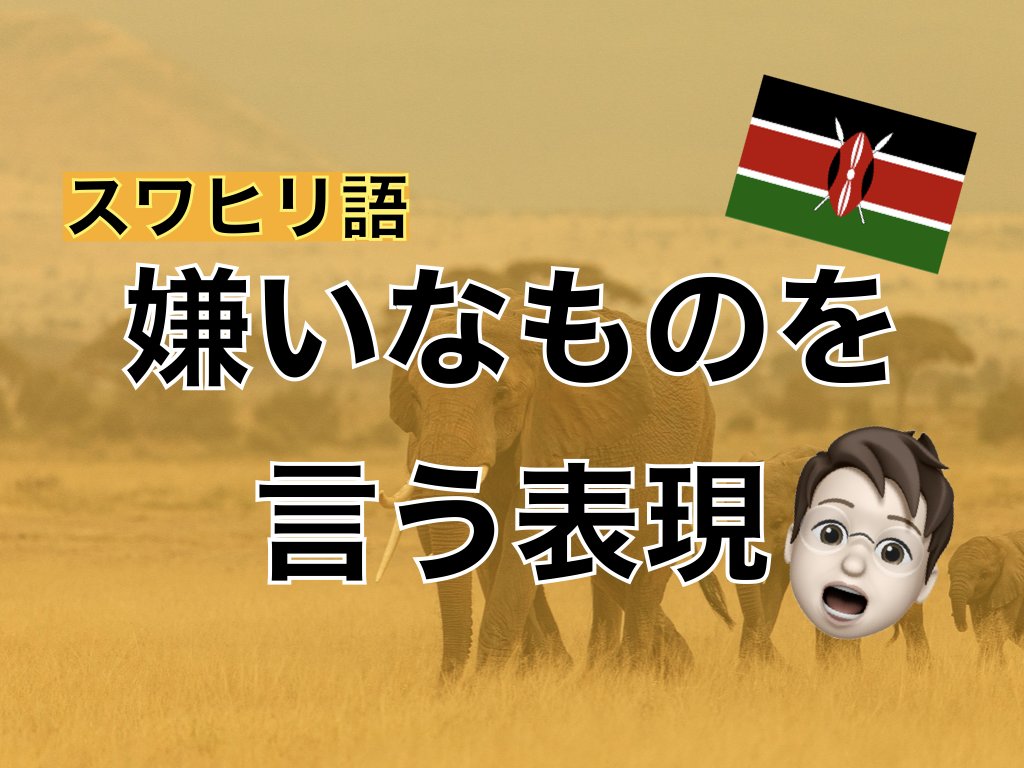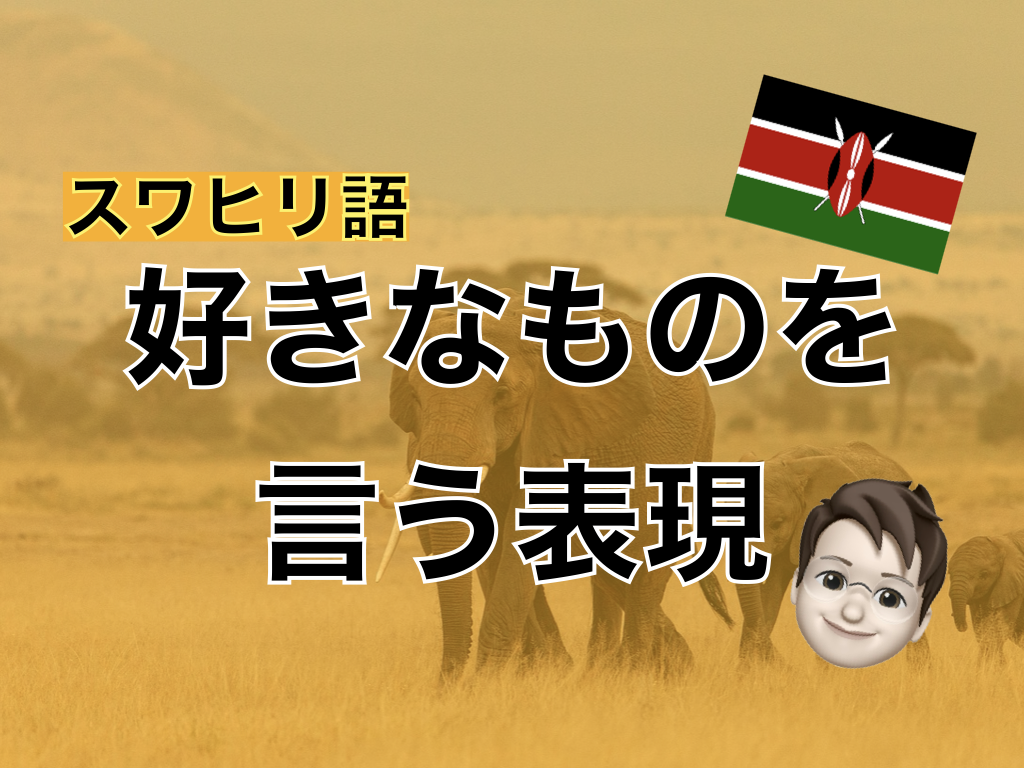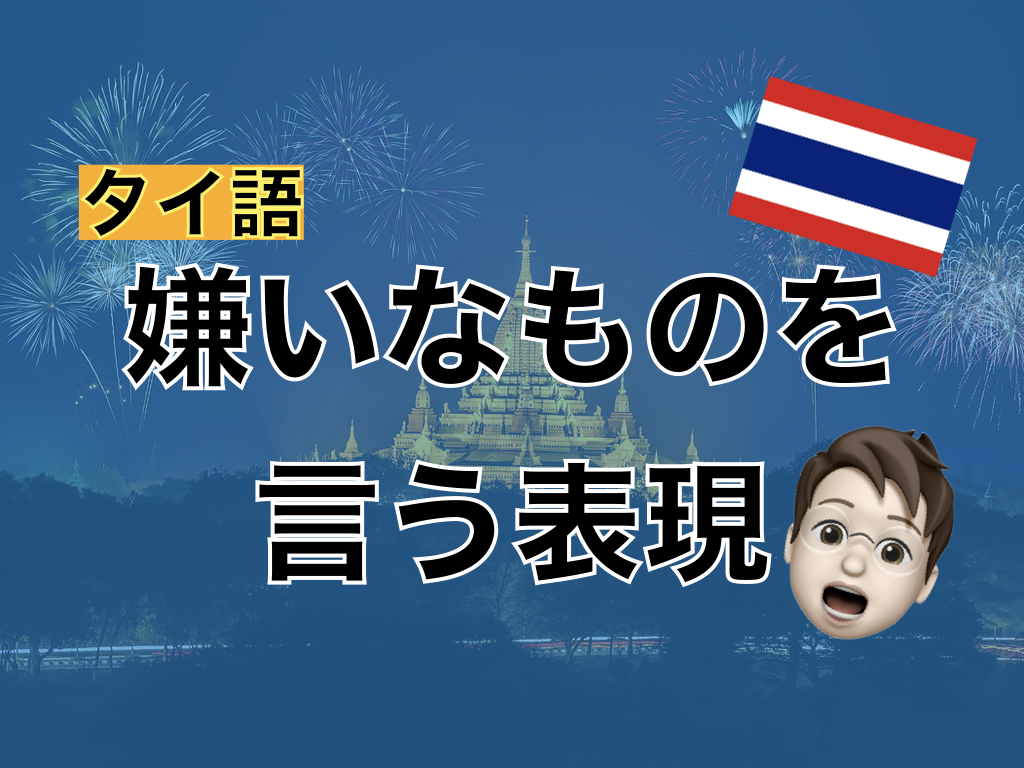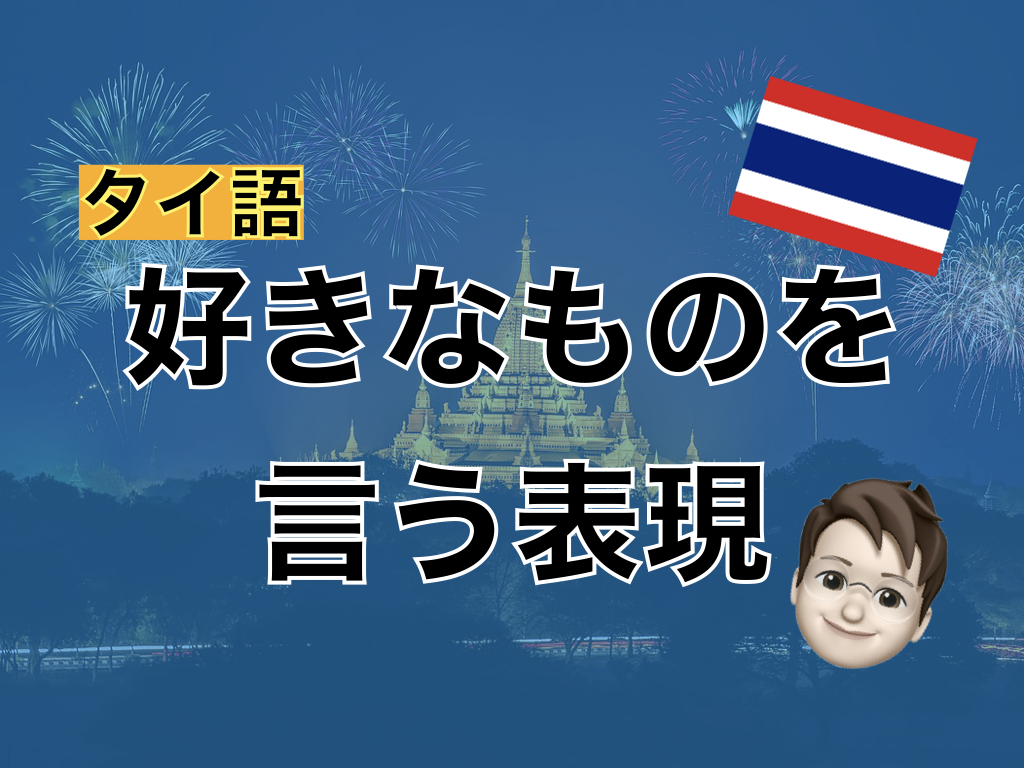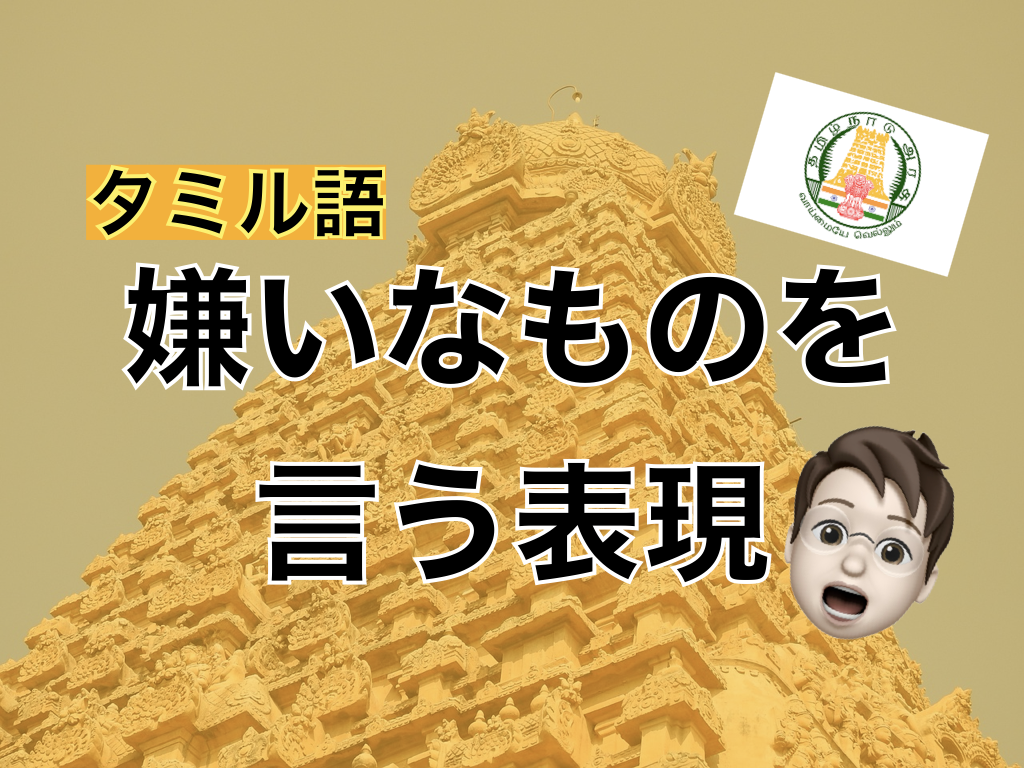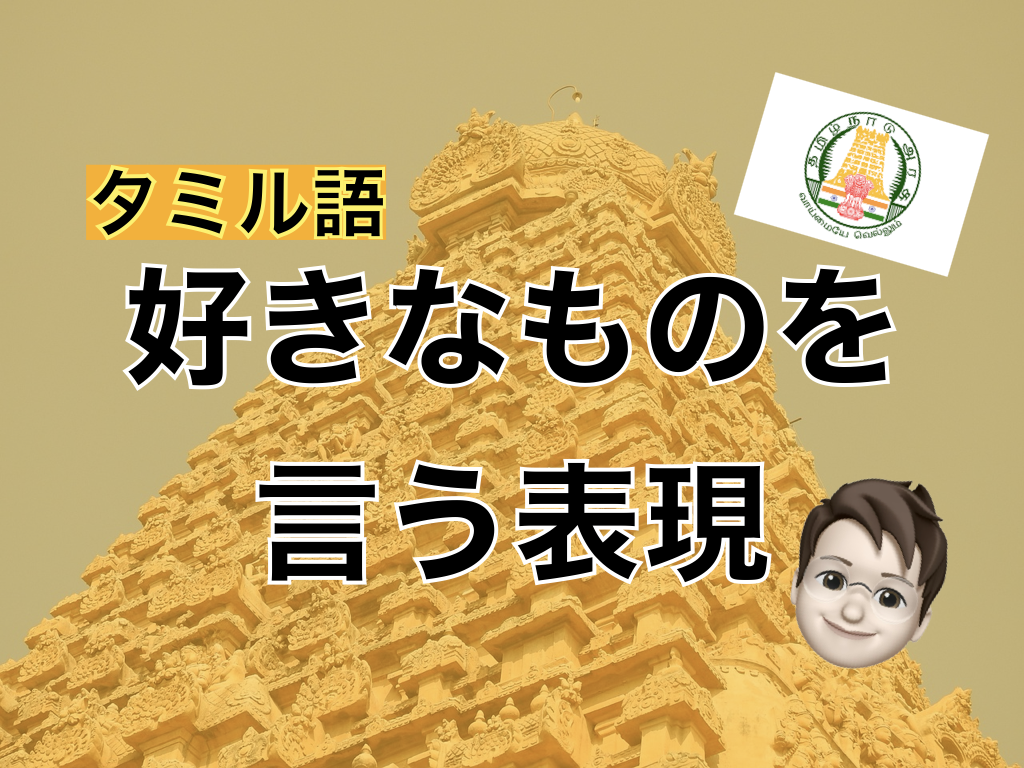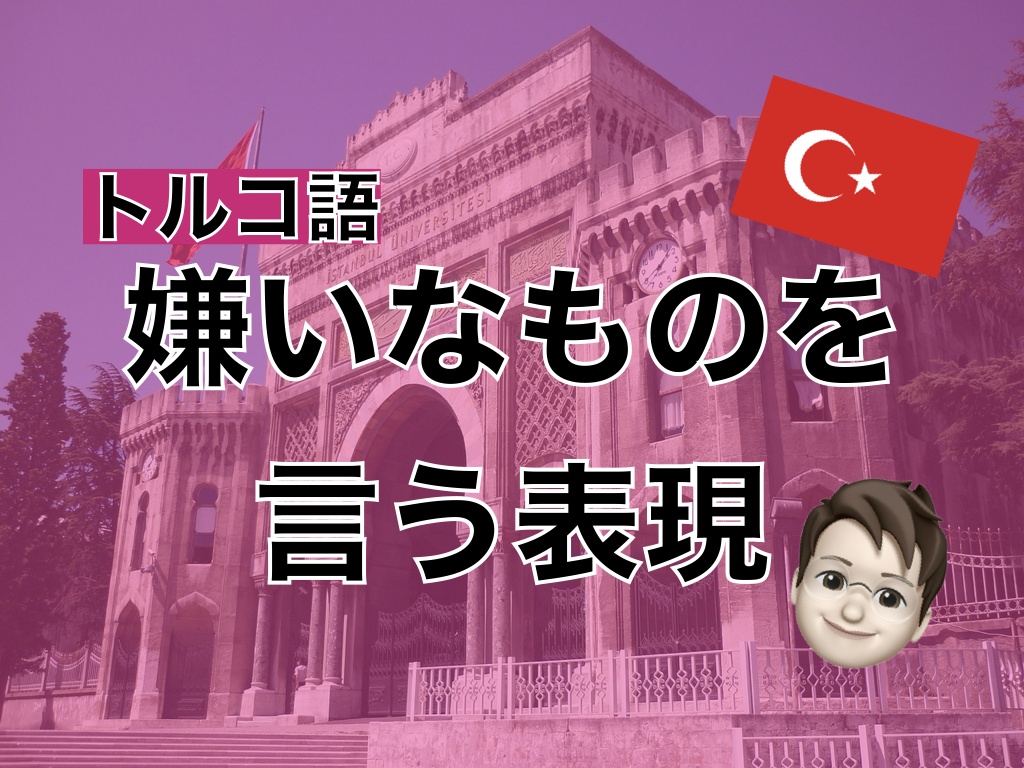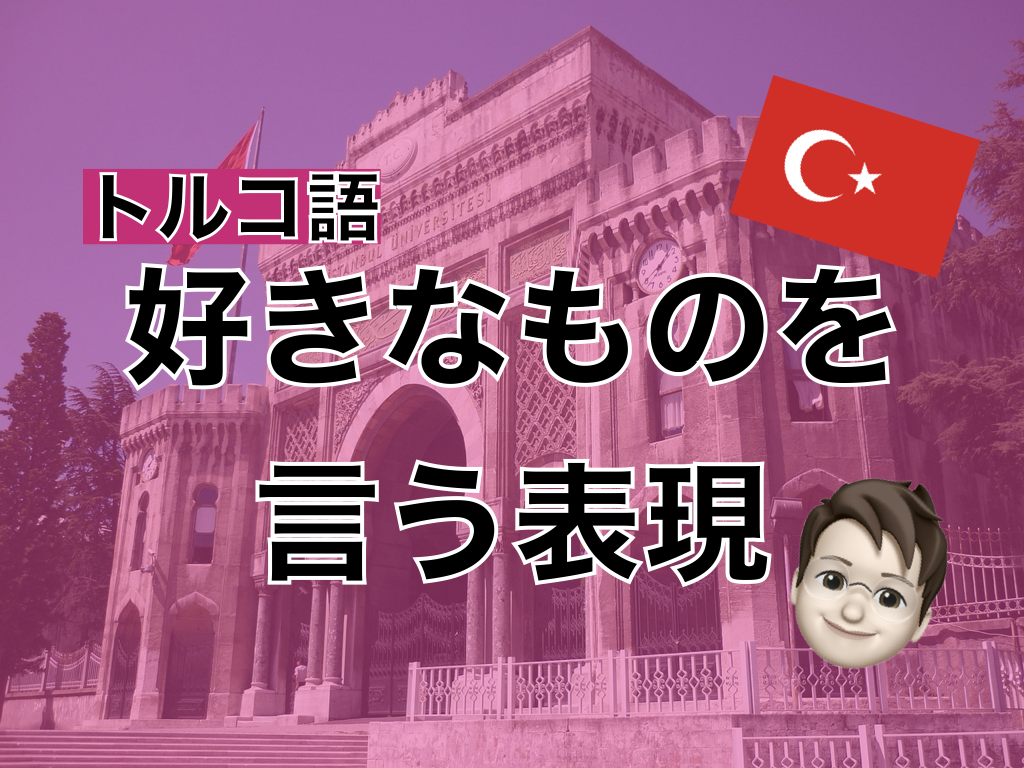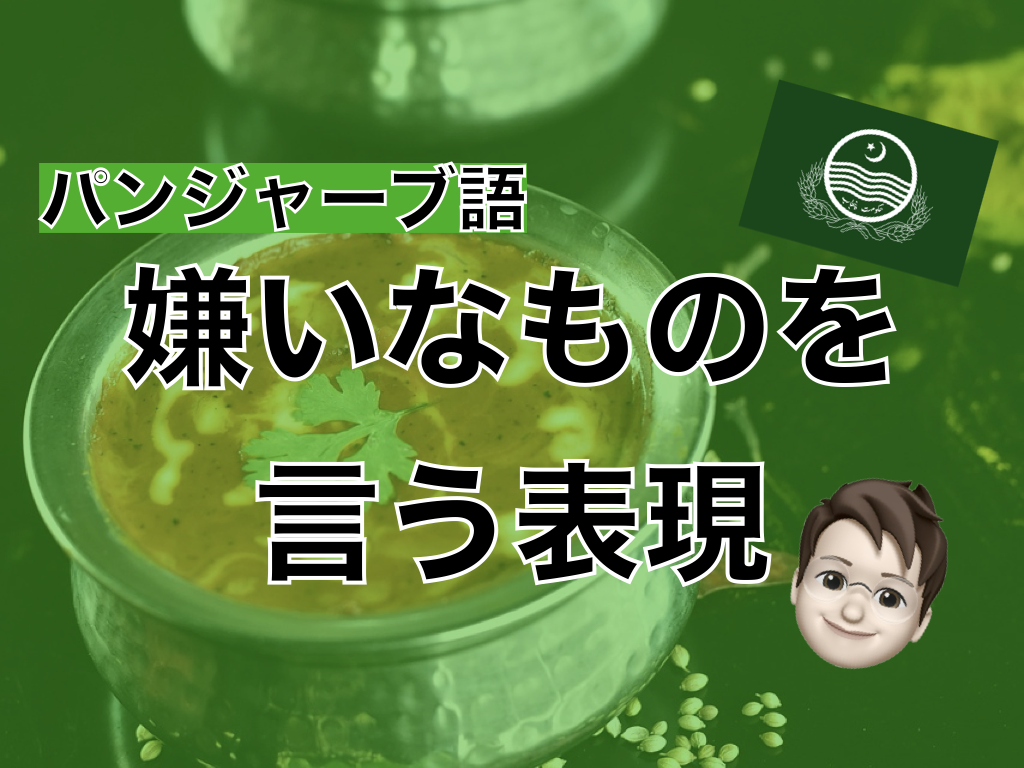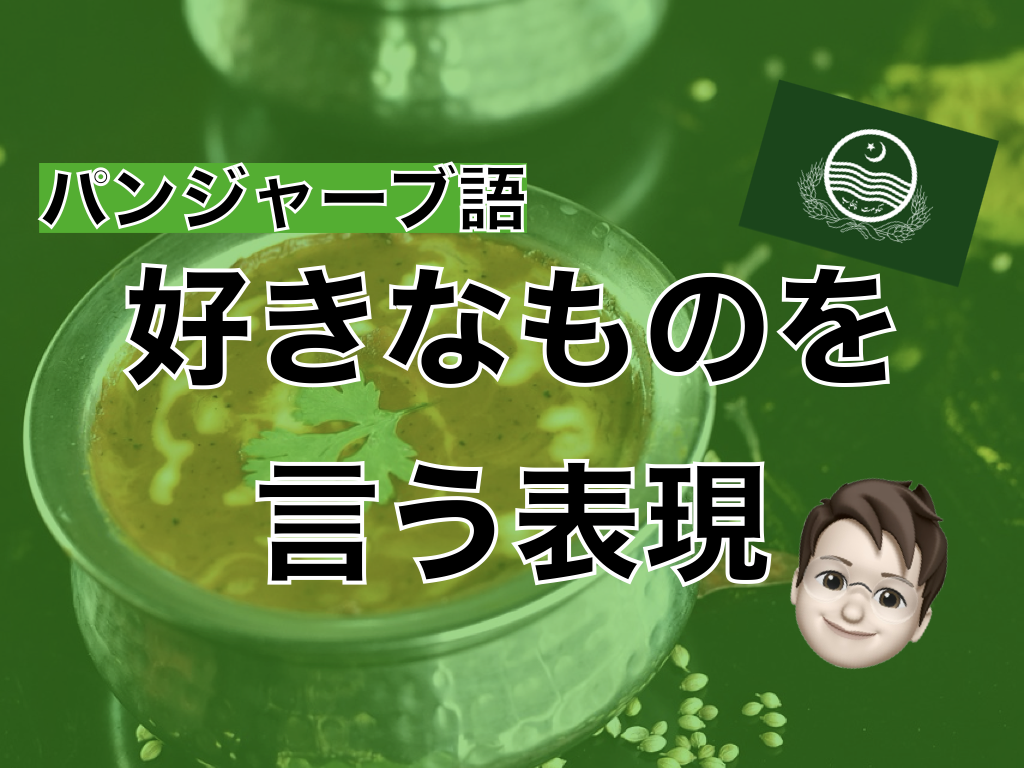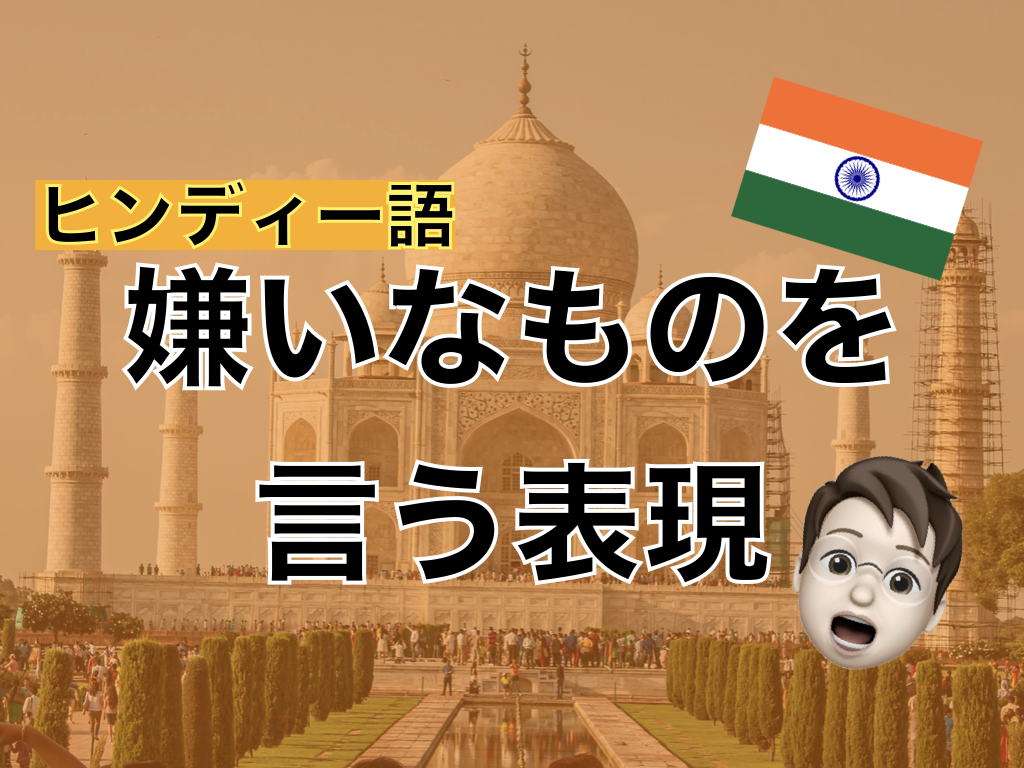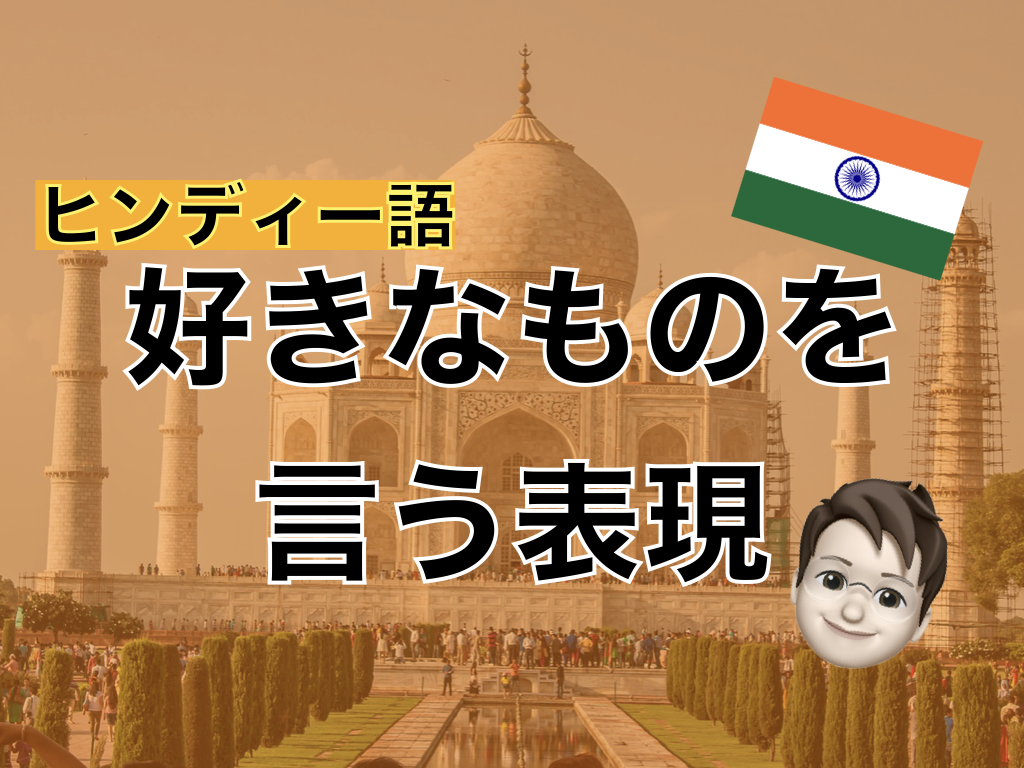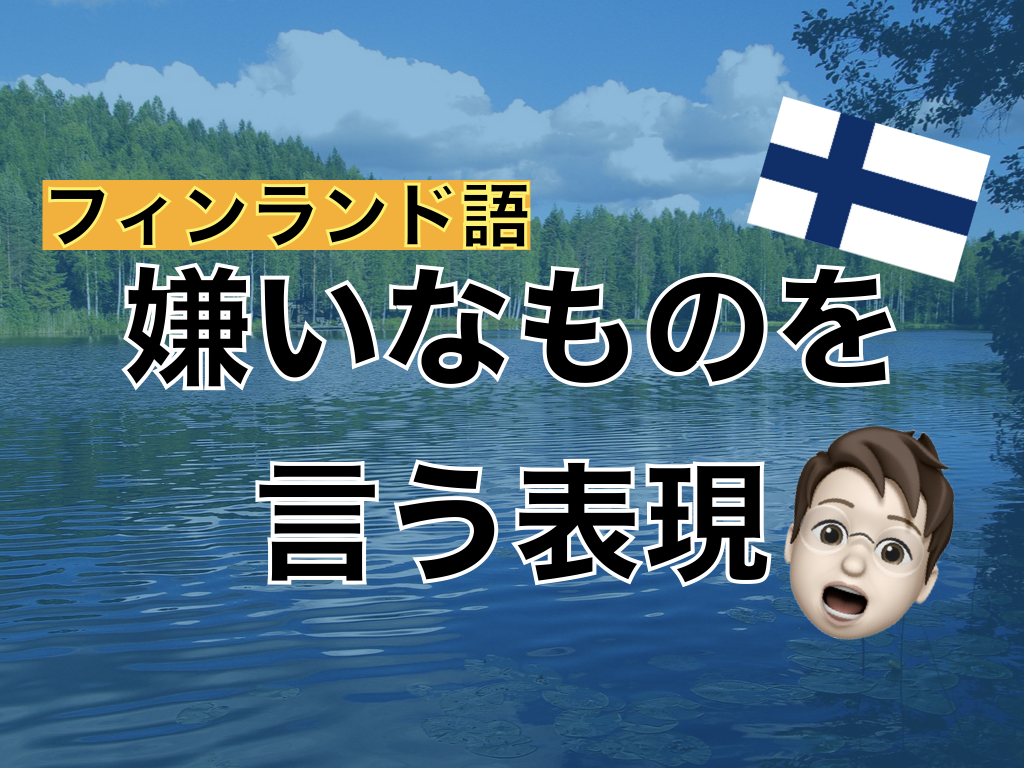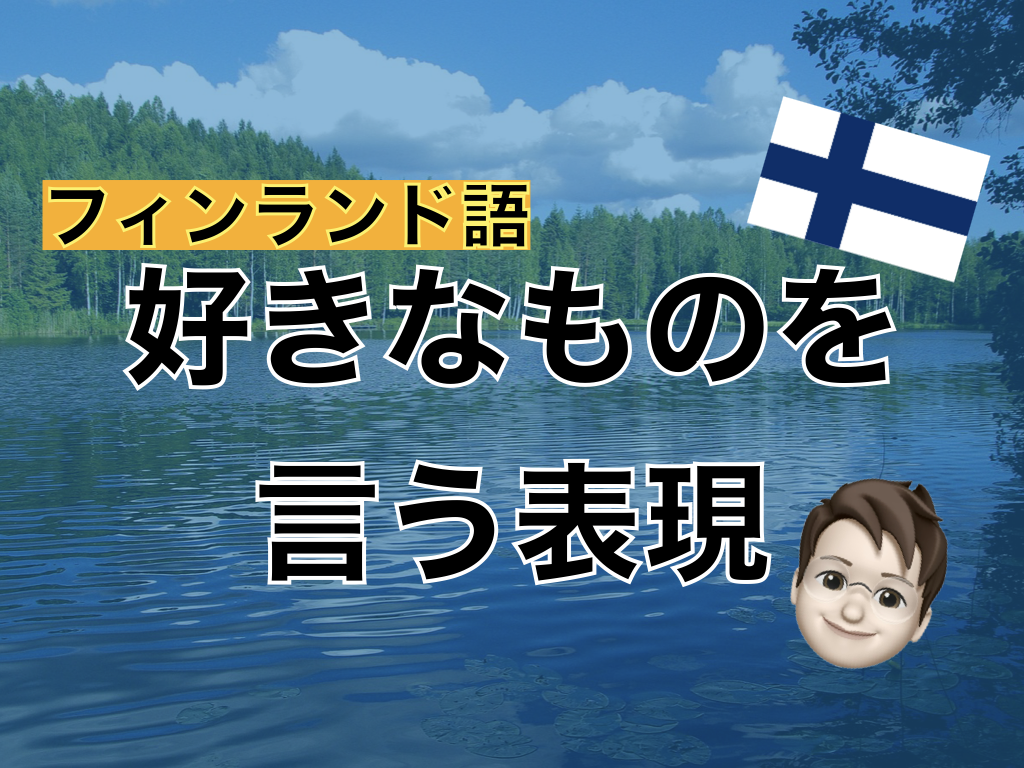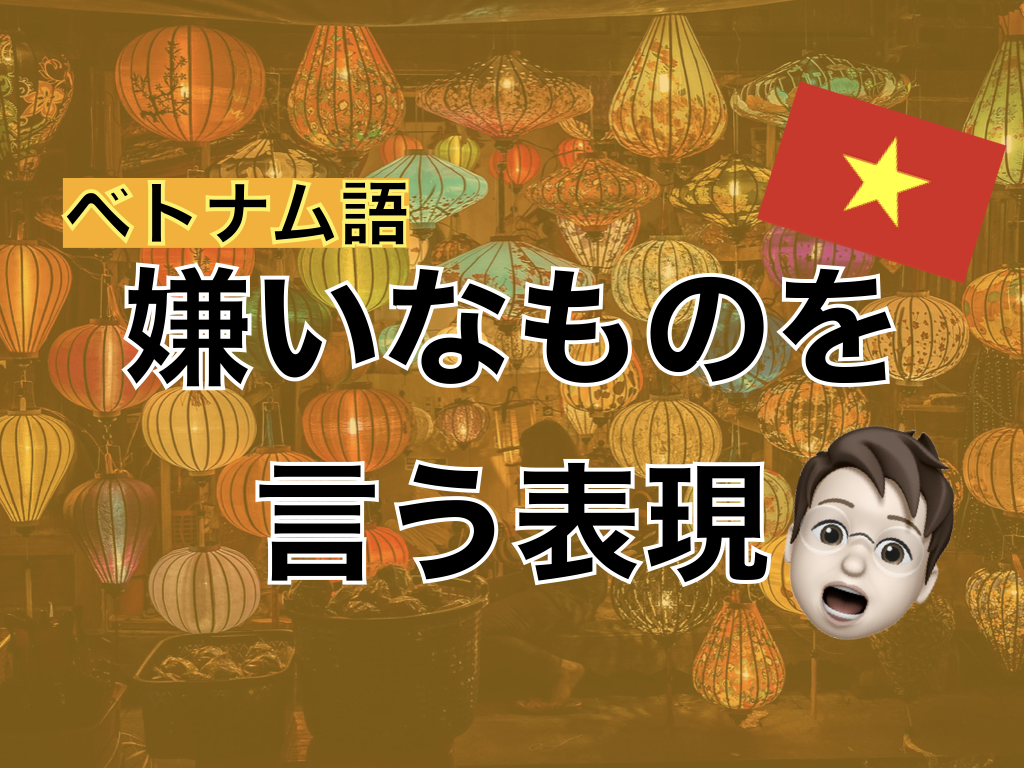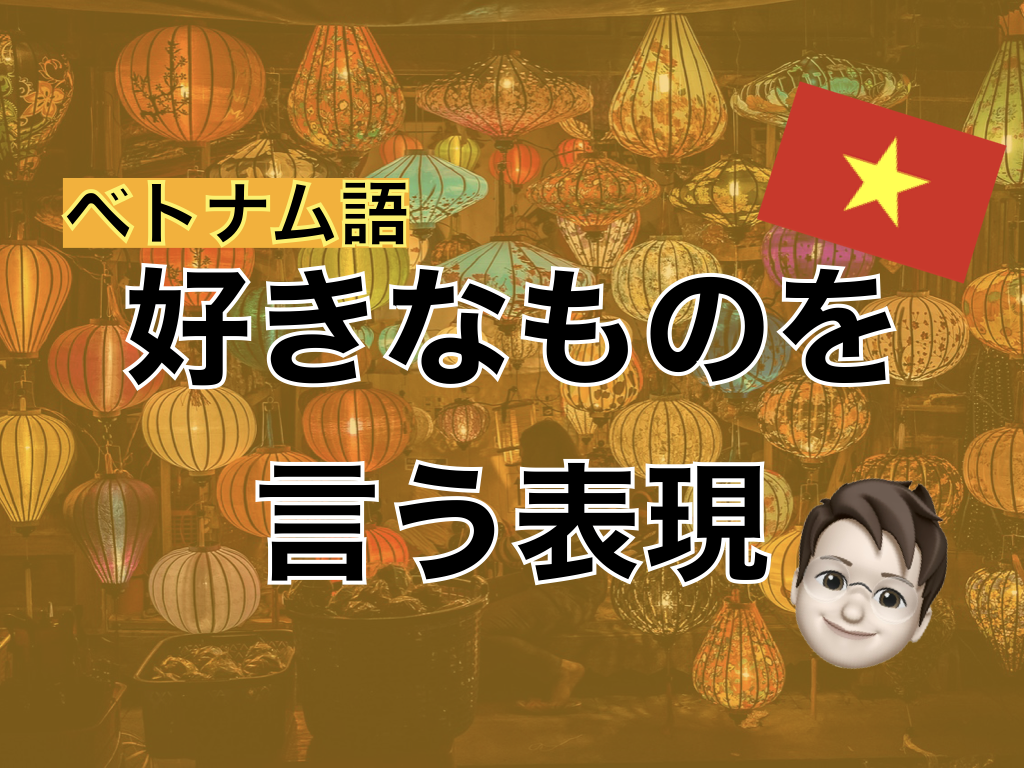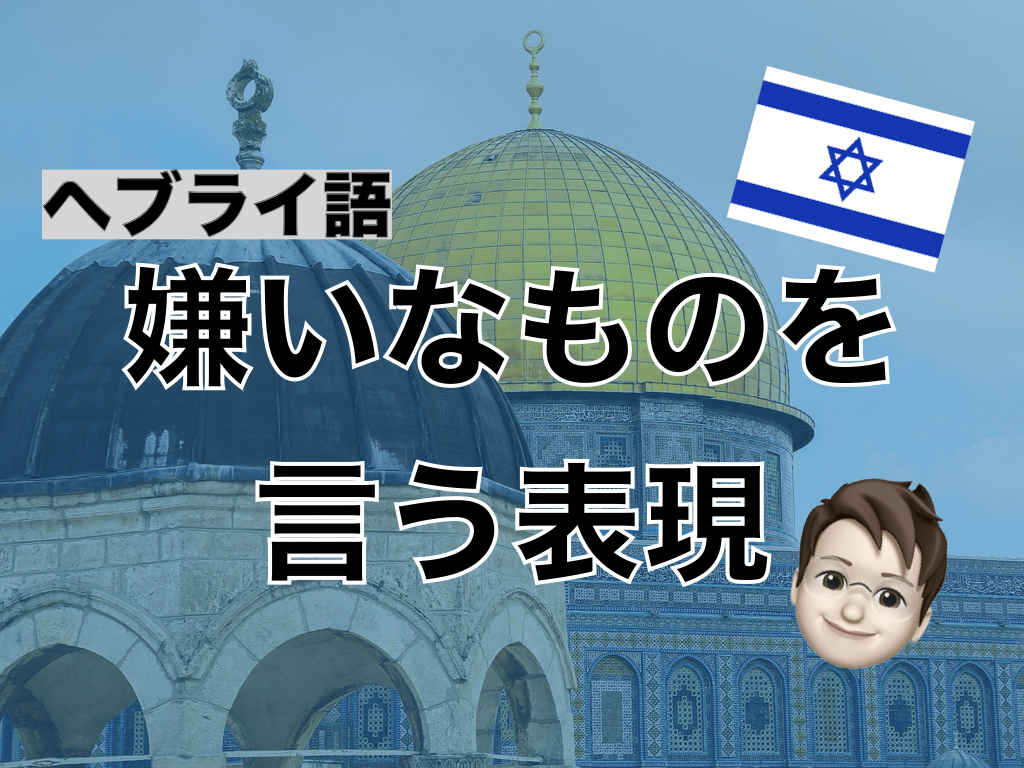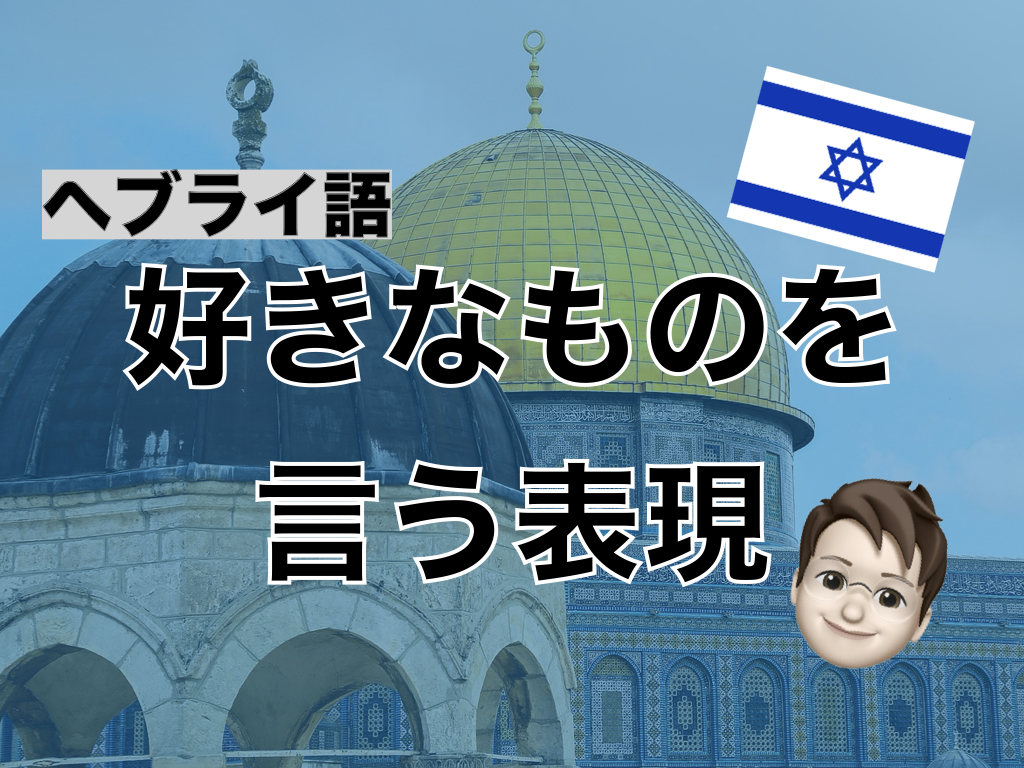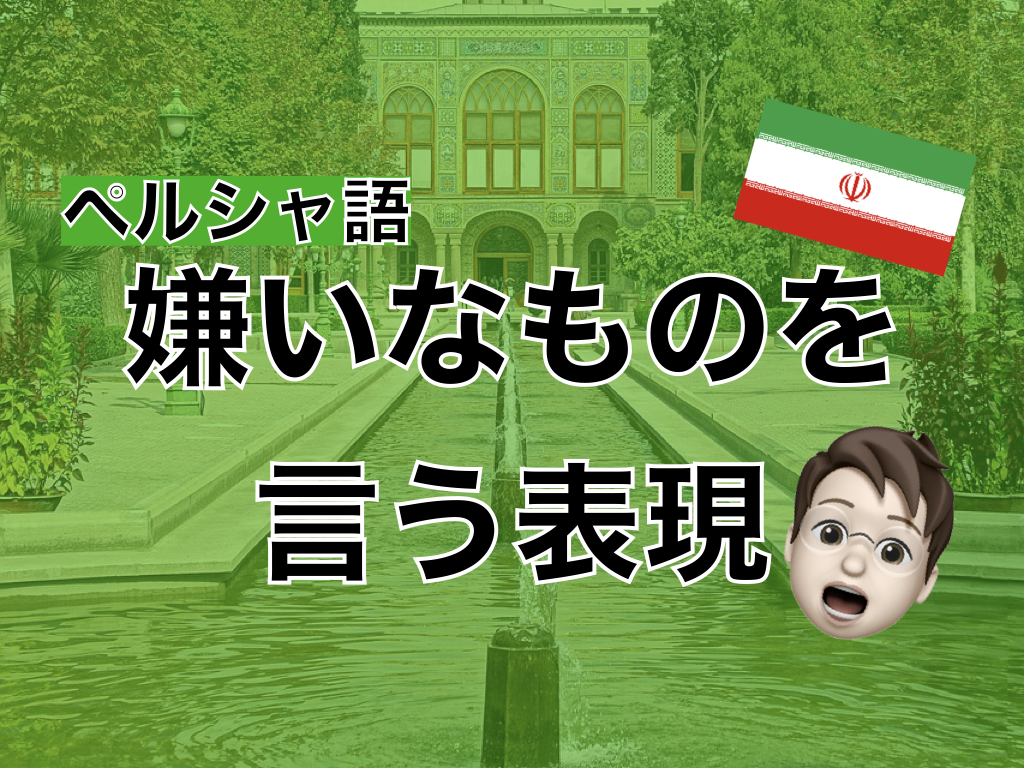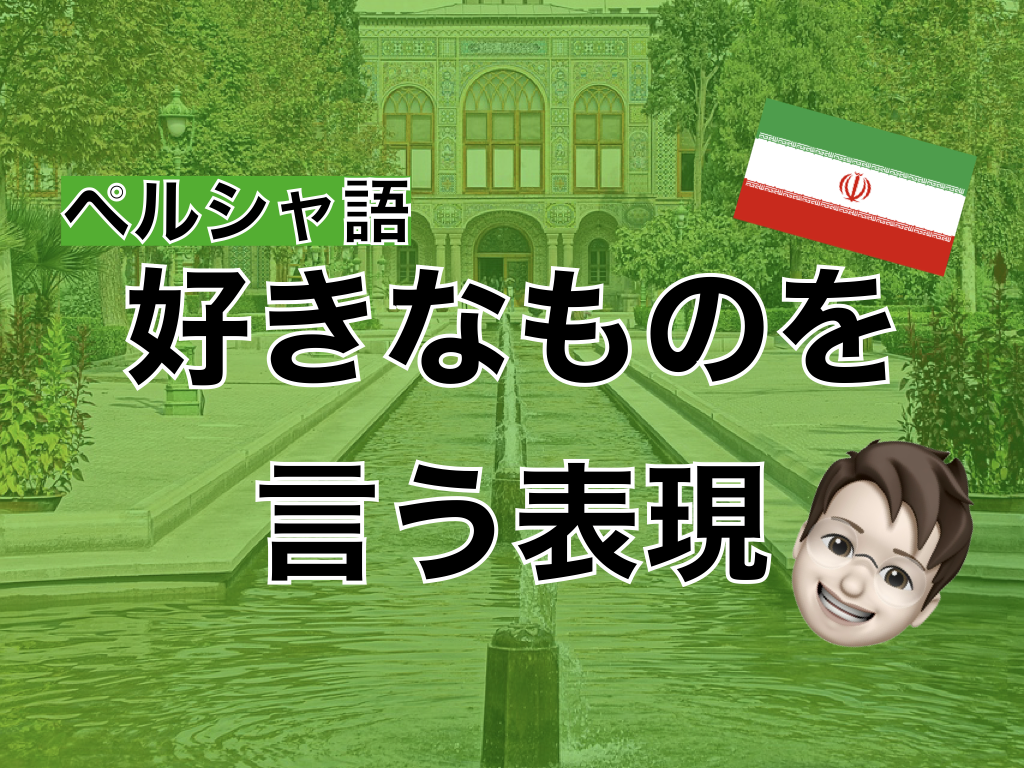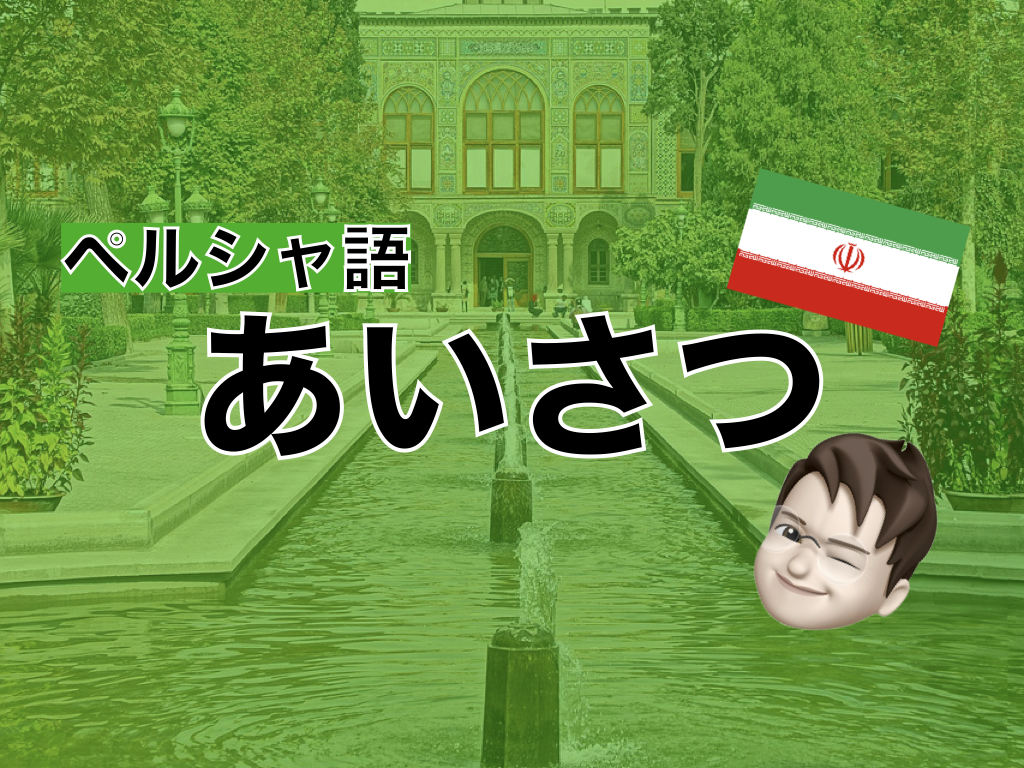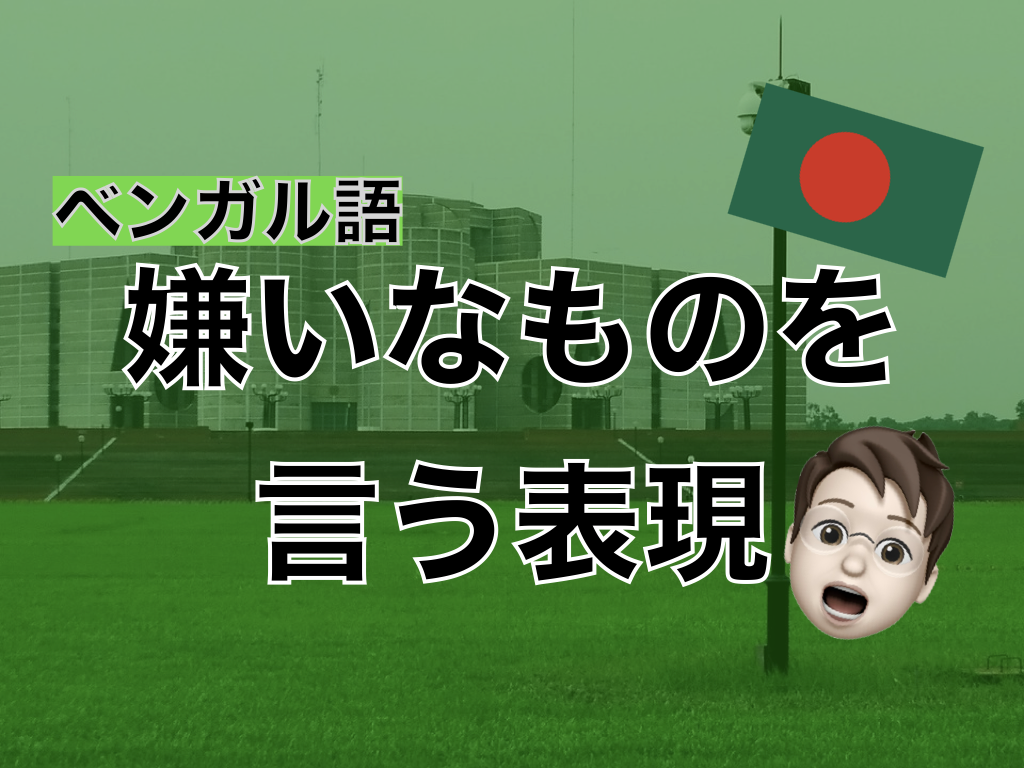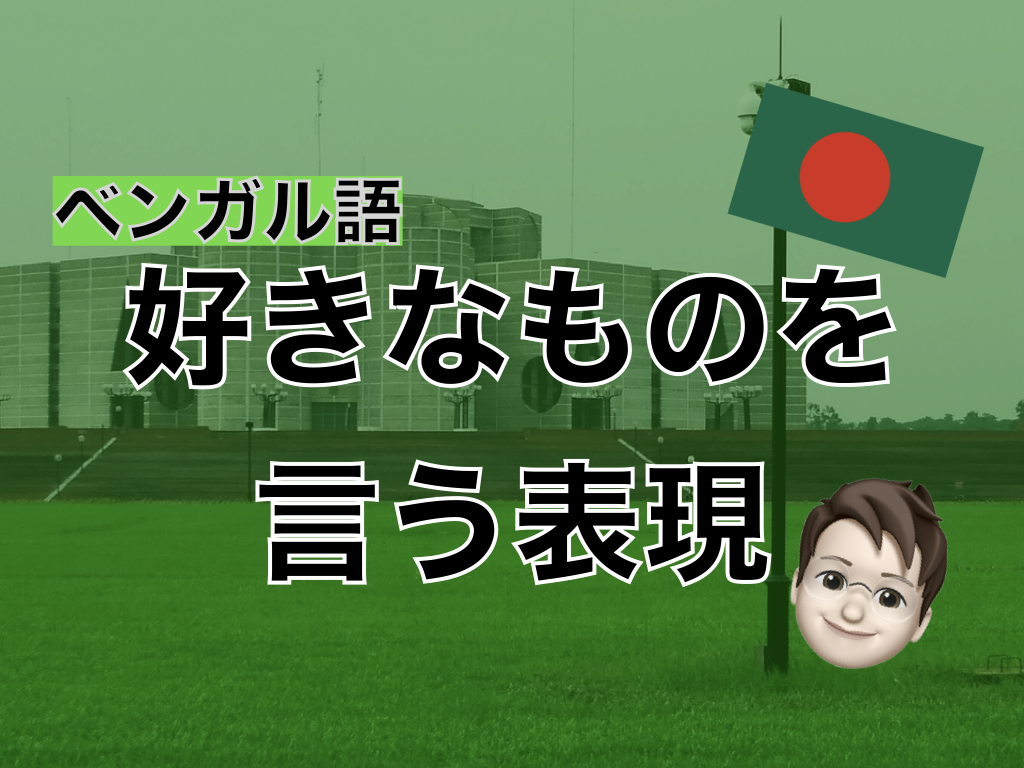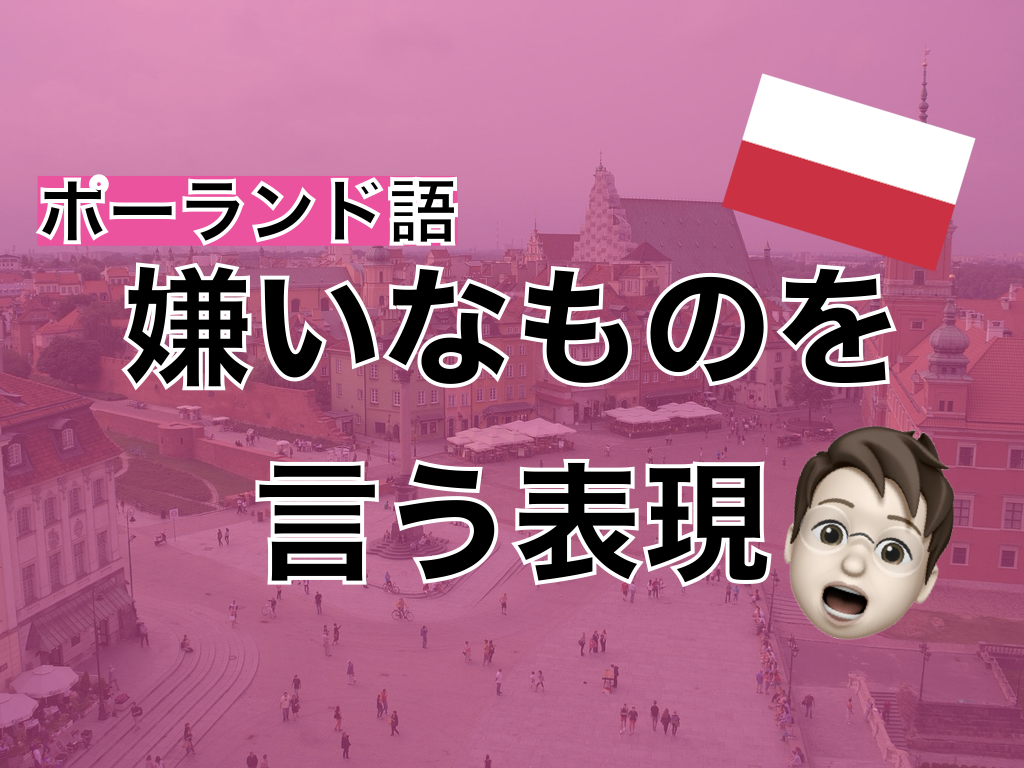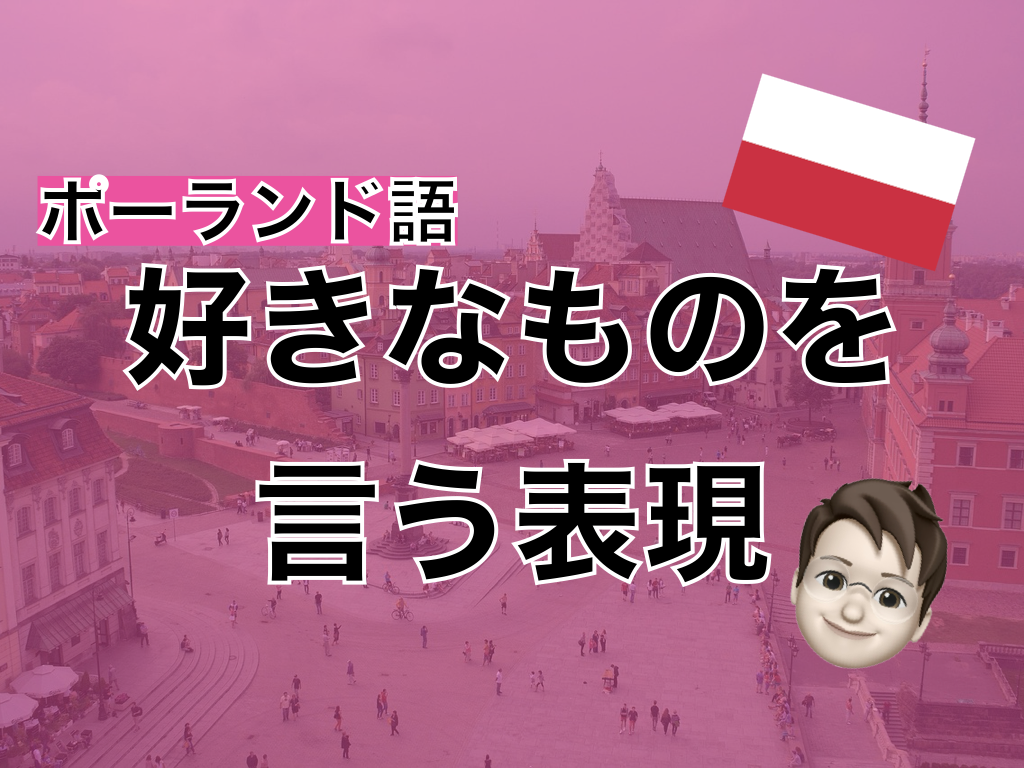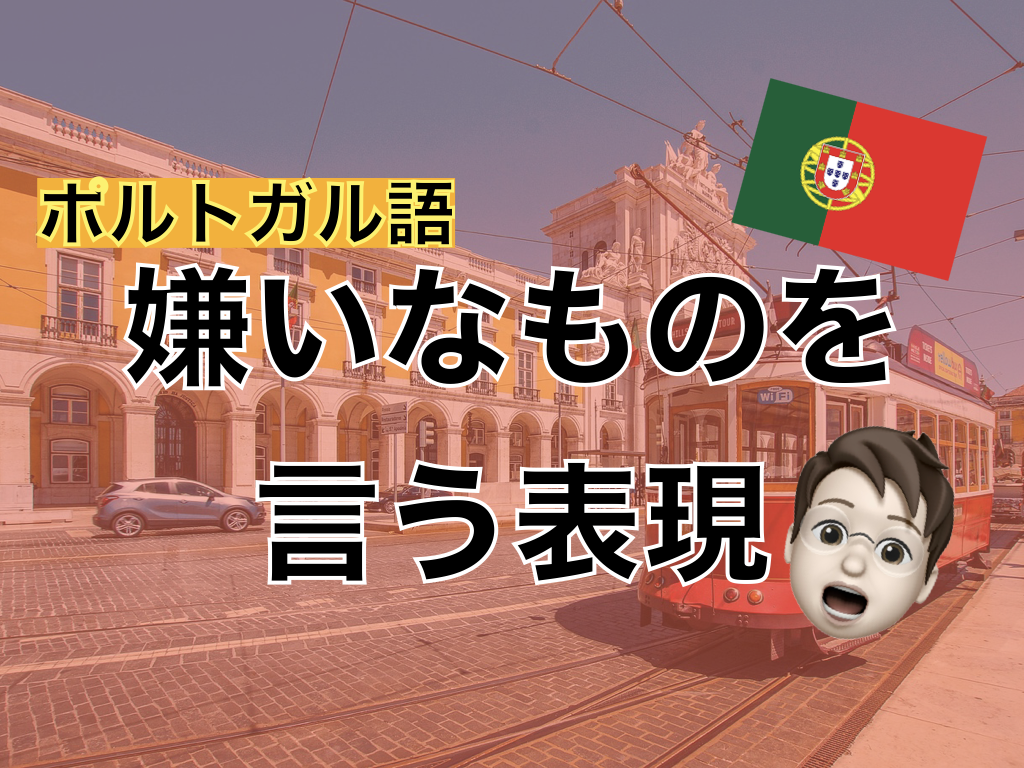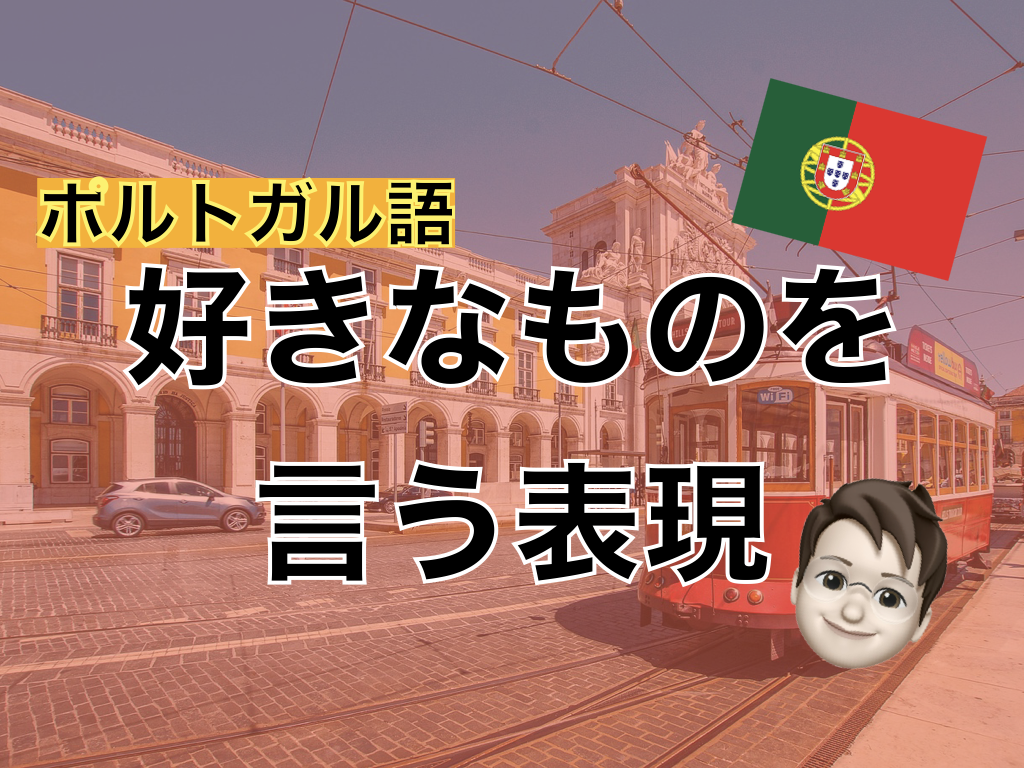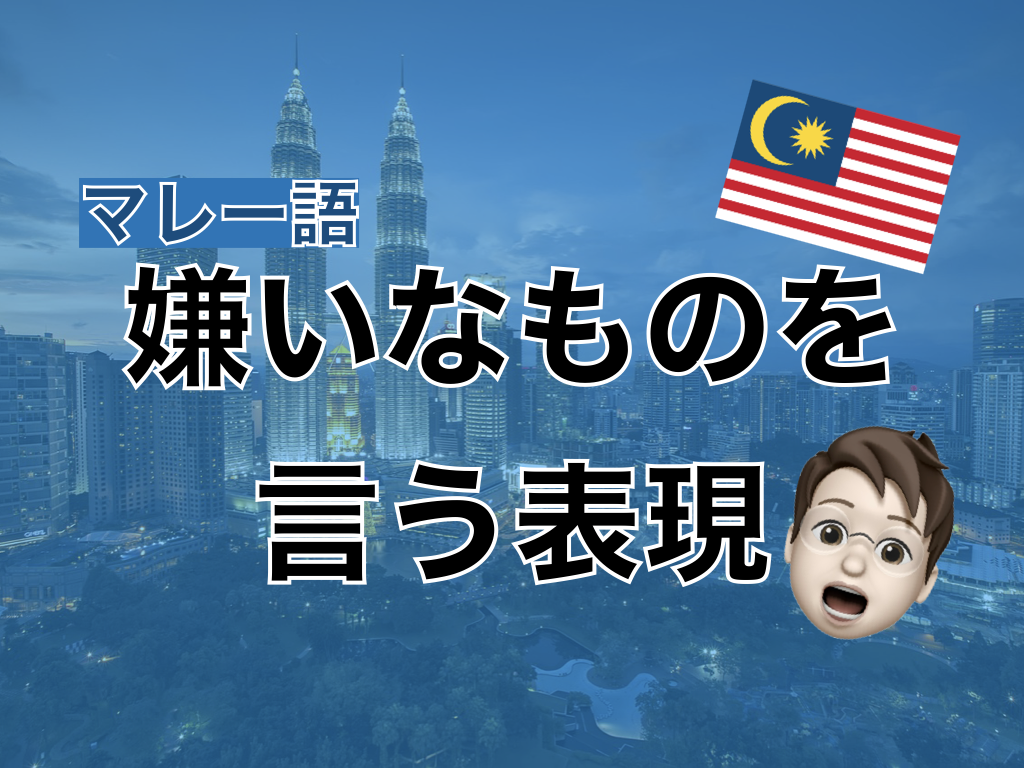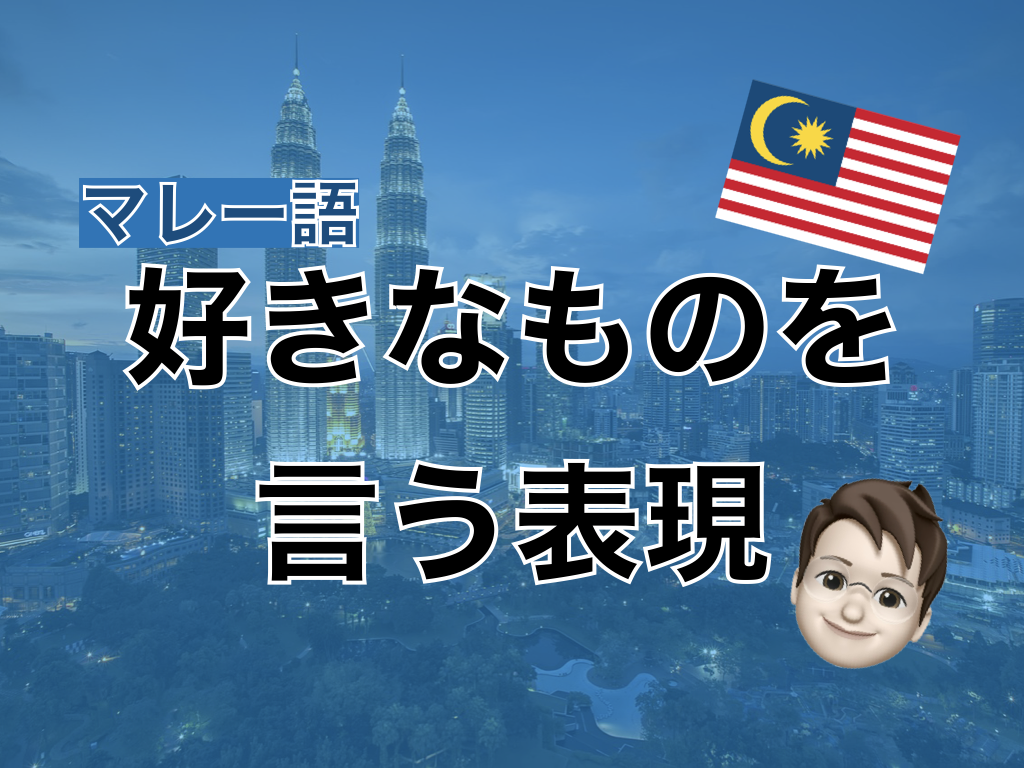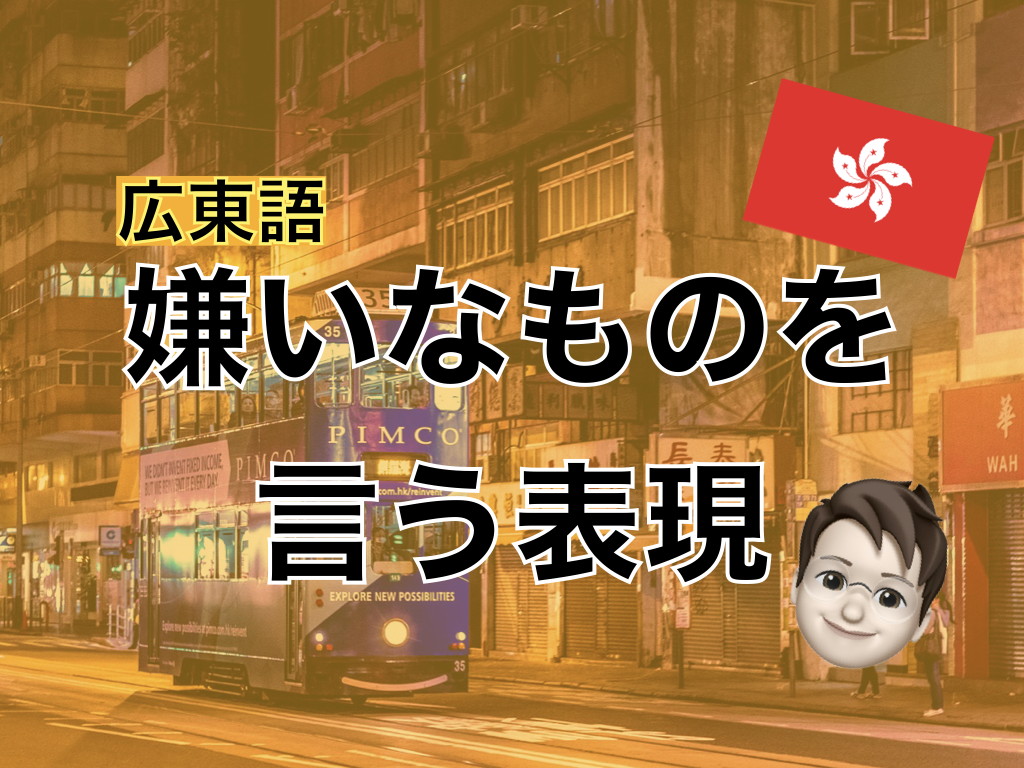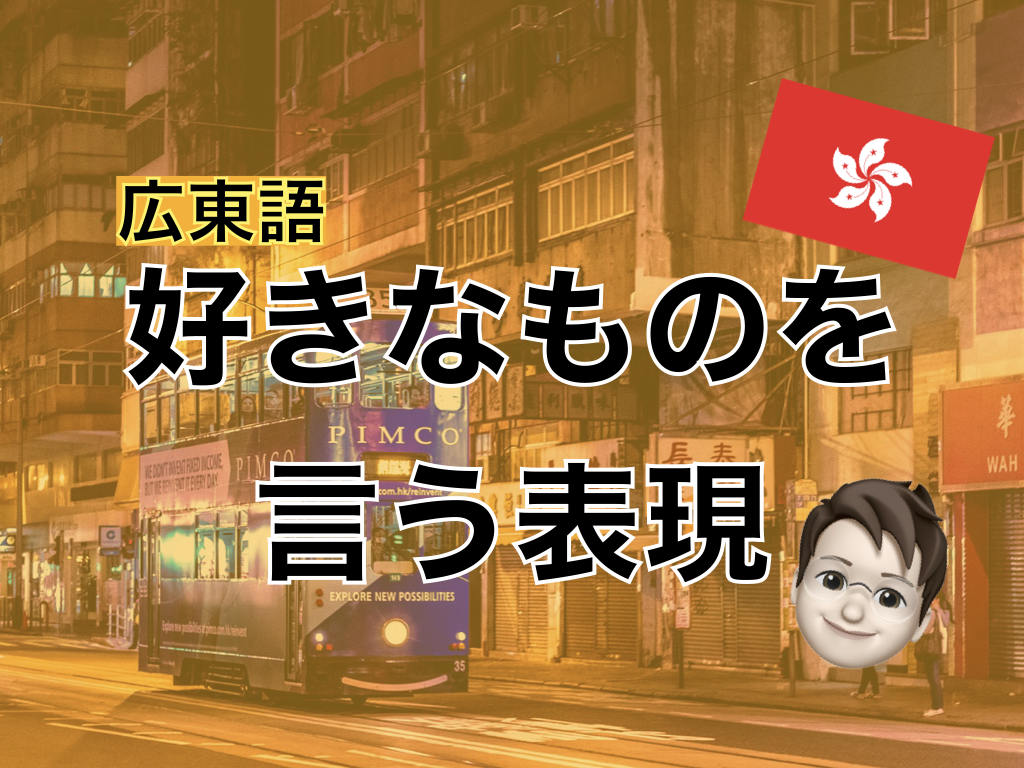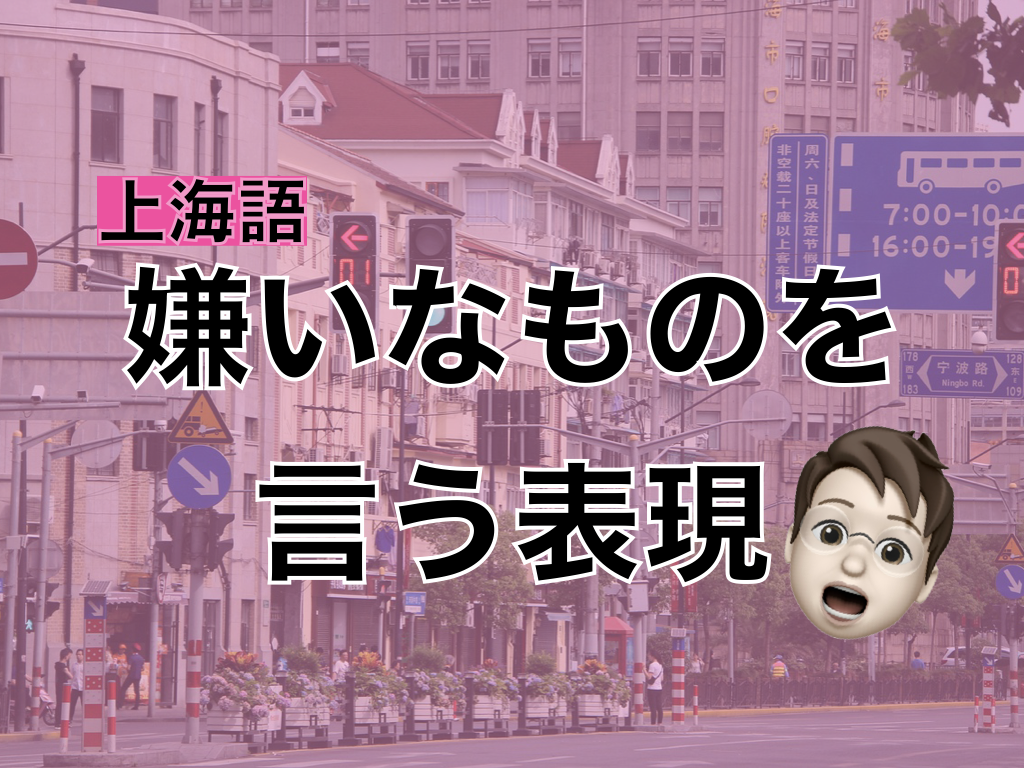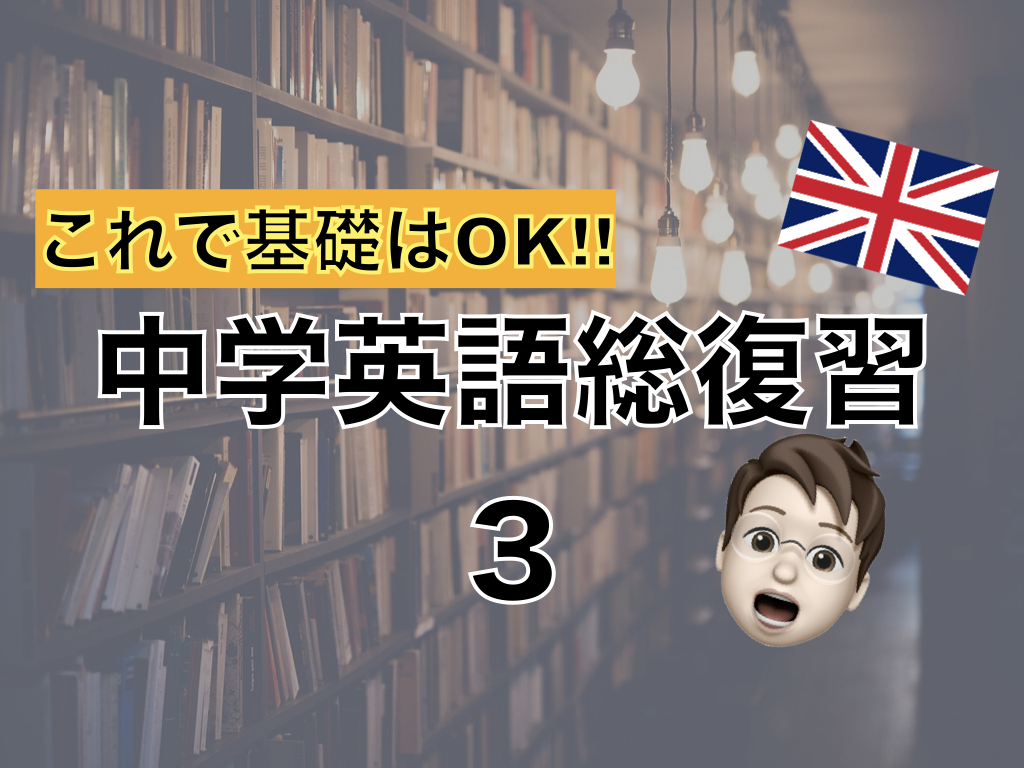
現在完了形

現在完了形はhave + 動詞の過去分詞形であらわされます。「〜したことがある」という今現在までの経験をあらわす経験用法、「ずっと〜している」のように特定のことが過去から現在まで続いていることをあらわす継続用法、「(ちょうど)〜したところだ」・「(もう)〜した」という特定のことが完了したことや結果をあらわす完了・結果用法の3種類があります。
<経験用法>
・I have played baseball with Charlie twice.
・Marcie has read a Japanese book.
*once:1回、 twice:2回、~times:〜回
<継続用法>
・I have played the piano since I was five.
・I have played the piano for five years.
*since ~:〜以来・から、 for ~:〜間
<完了・結果用法>
・I have just finished my homework.
・I have already eaten lunch.
*just:ちょうど、 already:すでに
現在完了進行形

現在完了進行形はhave + been + 動詞のing形であらわされます。「ずっと〜している」と中断することなく特定のことが続いている状態を表現します。
・I have been reading book for two hours.
・Sally has been writing a letter since this morning.
後置修飾

後置修飾は前にある名詞を後ろから詳しく説明する表現です。日本語とは語順が逆になりますので注意が必要です。
・The picture I took the garden. 「庭で撮った写真」
・The woman you talked. 「あなたが話をしていた女性」
関係代名詞

関係代名詞はwhich, who, that といったものがあります。whichは物や出来事に、whoは人に、thatはwhich, whoの対象となるものいずれにも用いることができます。これらの前に名詞(名詞句)を関係代名詞の後ろにある箇所が詳しく説明します。また、目的格の関係代名詞は省略することができます。
<which>
・The Netherlands is the country which is famous for tulips.
・Australia is the country which I lived.
→Australia is the country I lived.
<who>
・Marie Curie is the scientist who found radium and polonium.
・Charlie is the boy who loved by many people.
<that>
・The Netherlands is the country that is famous for tulips.
・Marie Curie is the scientist that found radium and polonium.
・Australia is the country that I lived.
→Australia is the country I lived.
・Charlie is the boy that we love.
→Charlie is the boy we love.
疑問詞

疑問詞は疑問を表す単語であり、疑問文において用いられます。疑問詞は、what(何), when(いつ), where(どこ), why(なぜ), which(どっち), who(誰), whose(誰のもの), how(どのように)というものがあります。
<what>
・What is Pigpen’s dream?
<when>
・When did Lucy play basketball?
<where>
・Where is Charlie’s dog?
<why>
・Why does Linus has a towel?
<which>
・Which do you want to play, baseball or football?
<who>
・Who is that girl?
<whose>
・Whose bag is this?
<how>
・How many yellow birds do you see?
仮定法

仮定法は、というように現在や過去の事実とは異なる話をする際に用いられる表現です。仮定法には「もし〜なら..なのに」という現在の事実をあらわす「仮定法過去」、「もし〜だったら..したのに」という過去の事実をあらわす「仮定法過去完了」などがあります。仮定法では I の後ろにwasではなくwereを用いる場合があります。
<仮定法過去>
・If I lived in Tokyo, I could visit Shibuya everyday.w
・If I were Sally, I would say “I love you” to Linus.
<仮定法過去完了>
・If I had known Charlie’s number, I would have called him.

